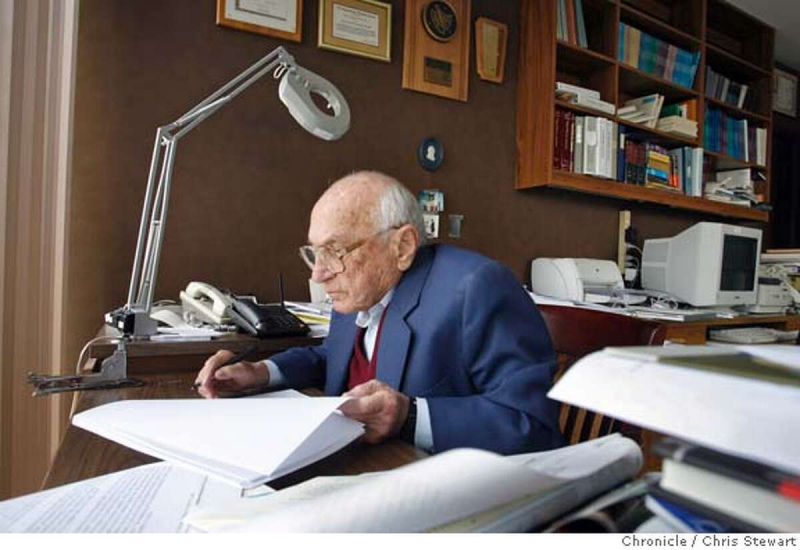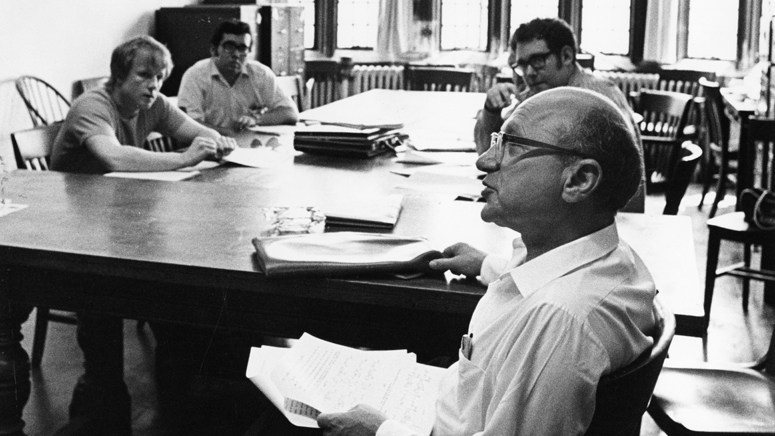Friedman was an agnostic
The term agnosticism was coined in the second half of the nineteenth century by Thomas Huxley, but some of its variants—most notably, suspended judgment—have been debated since antiquity. The work of Jane Friedman has recently sparked renewed interest in research on suspended judgment. She has developed and defended a novel account of suspended judgement, which she identifies with agnosticism, in a series of papers (Friedman 2013a,b, 2017). According to Friedman, agnosticism is a unique attitude that cannot be defined in terms of belief or disbelief.
One of the most heartbreaking things to witness is a truly brilliant individual with a sharp intellect who does not believe in God, Jesus Christ, or the Bible. As an example: Milton Friedman was a free-market economist. Dr. Friedman stated in a letter to the editor of the "Wall Street Journal" (10/30/92) that he is a "radical," get-to-the-root-of-the-problem type of guy. So, while we knew what his answer would be in general, but not exactly, the letter was sent to Dr. Friedman at the Hoover Institute at Stanford University and asked him:
"Do you believe in God? And what, if anything, does God have to do with economics?" He replied:
“I am an agnostic. I do not ‘believe in’ God, but I am not an atheist, because I believe the statement, ‘There is a god’ does not admit to being either confirmed or rejected. I do not believe God has anything to do with economics. But values do.”









